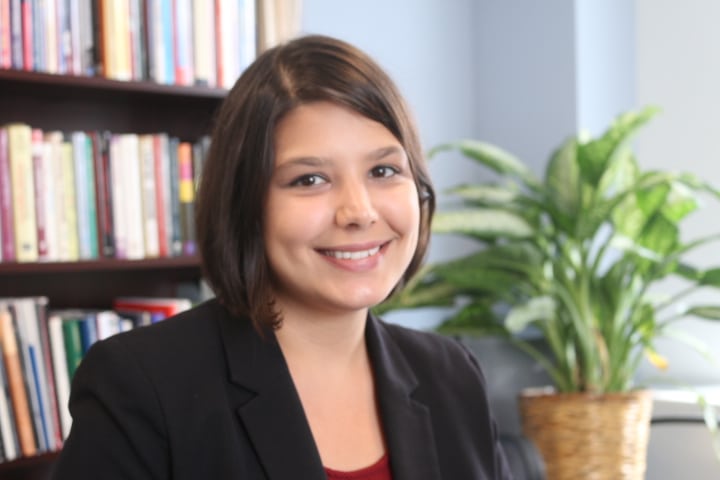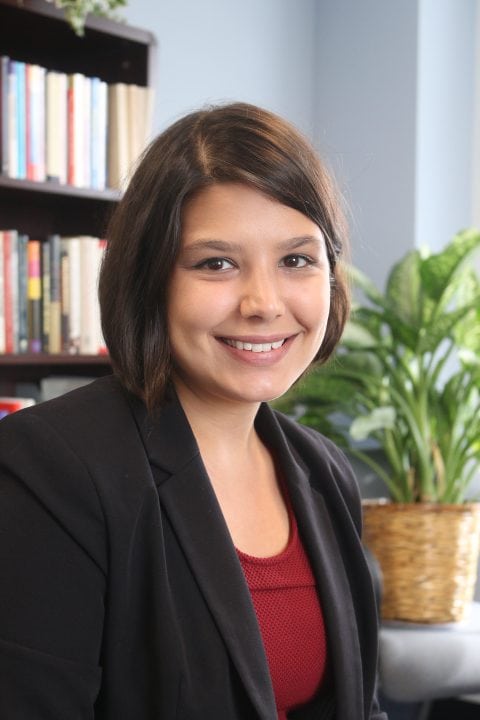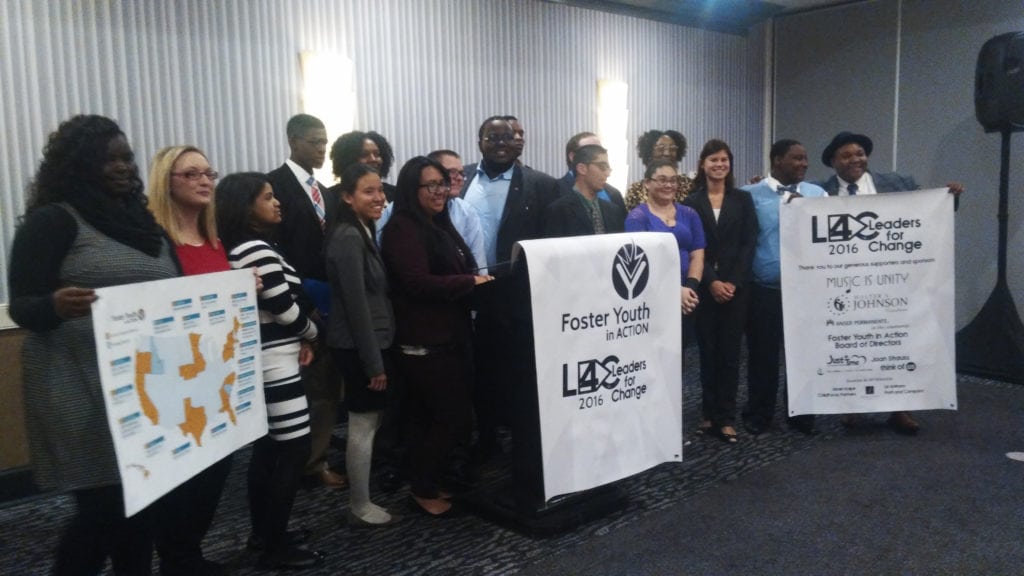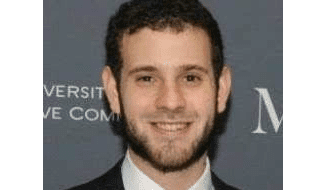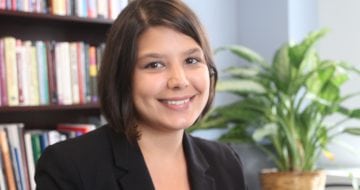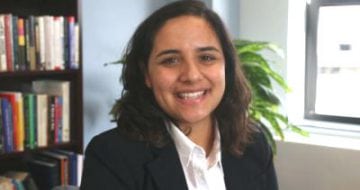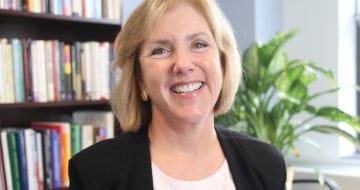This blog post was originally published in November 2016. With 2018 upon us, we must continue to elevate authentic youth voice and advocacy to promote positive youth policy and practice changes, especially for youth involved in the foster care and/or juvenile justice systems that face unique challenges. In this blog post, AYPF’s Jenna Tomasello reflects on how the voices of current and former foster youth are unique and valuable, and can be leveraged for positive policy and practice change. For those interested in learning more, visit AYPF’s Foster, Juvenile Justice, and Crossover Youth Resource Page.
This is part two of a two-part blog series about youth voice and advocacy. Click here for part one.
Young people are often their own best advocates, and their voices can be leveraged to impact change. Youth advocacy is especially powerful for vulnerable populations, such as youth who are homeless, in foster care, or justice-involved, who can draw upon their own unique experiences to improve the systems and policies that affect them. You might be wondering: how exactly can youth use their voice for change? Turns out, that exact question was posed to nearly 100 current and former youth in foster care representing more than 20 state foster youth-led advocacy organizations during the Foster Youth Action Showcase at the annual Leaders for Change Conference in Washington, DC. Convened by Foster Youth in Action (FYA), the grassroots network responsible for training, empowering, and connecting these youth advocates, the showcase featured presentations by youth who shared exactly how they have leveraged their voices, personal stories, and insights to bring about policy change in their states. Here are a few state highlights:
Florida
Supported by Florida’s Children First, Florida Youth SHINE (Striving High for INdependence and Empowerment) aims to “change the culture of Florida’s child welfare system.” With approximately 250 members ages 13-24 across 14 chapters within the state, foster youth advocates have advanced 15 pieces of legislation within the past seven years. An example shared was expanding Florida’s Tuition and Fee Exemption program beyond a bachelor’s degree to provide current and former foster youth up to age 28 with access to graduate school.
Maine
Since 1998, the Youth Leadership Advisory Team (YLAT) has used a partnership model to improve outcomes for foster youth in Maine. YLAT, made up of current and former youth in foster care ages 14 and older, partners with the Muskie School of Public Service, caseworkers, Maine’s Department of Health and Human Services, and community members to impact youth in care, the child welfare system, and the larger community. An example of their work are the trainings with caseworkers on embracing youth voice and how to make youth voice count in case planning.
Iowa
With the motto, “nothing about us, without us,” Achieving Maximum Potential (AMP) is made up statewide councils of more than 5,000 youth ages 13 and up who have been involved in foster care, adoption, or other out-of-home placements. AMP’s successes include helping to pass 33 laws since 2006, including legislation on kidnapping and human trafficking that expands the window of time allowed for youth victims to speak out and seek legal help to up to 10 years after turning 18.
California
Founded in 1988 by a group of foster youth and supportive adults, the California Youth Connection (CYC) puts “youth at the center of child welfare policymaking” by providing a vehicle for youth to engage directly with policymakers to improve the foster care system in California. CYC engages over 500 current and former foster youth members ages 14 to 24 across 32 county-based chapters throughout the state. Some legislative accomplishments include strengthening sibling visitation rights for separated youth.
Current Priorities
The conference culminated with a press conference to release the results of FAY’s national poll on the priorities of today’s foster youth. Based on results from over 500 youth and young adults in more than 25 states, sibling connections, homelessness, college access, and living independently were ranked the most important. Youth took turns speaking out about each of these issue areas.
Daniel Wyatt from Georgia EmpowerMEnt shared why living independently is so important to him. According to Daniel, youth should be comfortable on their own and able to take care of and make decisions for themselves. Daniel shared his fear about transitioning out of care: “I have been in the foster care system for 16 years and I don’t know how to properly take care of myself.” He went on to say, “I think youth who come after me in the foster care system should not have to be scared. I want them to feel secure to and have a place and the structure to live.” Daniel stressed the importance of housing assistance and the need for a support system both during and after aging out of care.
Destiny Landry from HEROES Youth Leadership Project in Massachusetts explained that only 3 percent of youth in foster care obtain a bachelor’s degree, yet many youth in care want to go to college because most jobs require a college degree. Destiny, who is graduating from high school this year, shared that this topic is important to her because “since I was little, I have wanted to go to college. She continued to say “people have told me that I’m not going to go to college, I’m going to drop out of school.” Determined, she asserted, “but I’m the type of person that if you tell me I can’t do it, I’m gonna do it.”
Steven Bishop Shaw from Voices for Change in Texas closed out the meeting by summarizing the four priority areas and why they are important. “We all want to have that path, we all want to grow,” he said, and young people are often the best advocates to chart that path. With the ability to draw upon their own experiences in the child welfare system, the voices of current and former youth in foster care is unique and valuable, and can be leveraged for positive policy and practice change.
Visit FYA’s Facebook page for video footage from the event


